Jawaharlal Nehru was India’s first head of state following the country’s independence from British colonial rule. He was born on November 14, 1889 in Allāhābād. After earning a law degree in England, he returned to India in 1916. India was trying to free itself from British colonial rule. In 1919 Nehru, a social democrat, joined the Indian National Congress led by Gandhi, a nationalist leader and supporter of nonviolent protest. They established a relationship based on mutual respect and collaboration, although their opinions differed at times. Gandhi thought the future Indian state should be built on the country’s spiritual traditions. Nehru, on the other hand, was convinced India should pursue rapid modernization.
In 1929 Nehru became Chairman of the Party. England strenuously defended its supremacy in the region and Nehru was jailed repeatedly for his activities. When World War Two broke out, the British could no longer retain control over their colonies. India was on the path to independence, but internal divisions between the Hindu majority and the Muslim minority, which wanted its own autonomous state, troubled the country even before independence could be claimed. Gandhi was against dividing the territory based on religious beliefs. Nehru was equally reluctant, but considered the division inevitable. On August 15, 1947, the independent states of India and Pakistan were born. Nehru became India’s prime minister. A few months later, Gandhi was assassinated. Nehru took on the task of transforming a poor nation, still strongly anchored to its traditions, into a modern industrialized state. He passed laws that abolished caste-based discrimination and promoted equal dignity for men and women.
In foreign policy his first concern was to stabilize India’s borders. He persuaded Portugal to abandon its colonies in India, and clashed with Pakistan over Kashmir, an issue that remains unresolved today. Internationally, Nehru placed India among the non-aligned countries, which sided with neither the US nor the Soviet Union, then the world’s sole superpowers. But he temporarily changed his stance in October 1962 when faced with the threat of a Chinese invasion in the Brahmaputra valley. Nehru turned to the Western powers for support. China relented, but the incident had proven India was incapable of defending itself from attacks without outside help. Nehru died in New Delhi on May 27, 1964. He was 74. A beloved leader in India, over his 17 years in office Nehru set the country on a path to modernity. They were the first steps for a country that continues to face tough economic and social challenges today.
In 1929 Nehru became Chairman of the Party. England strenuously defended its supremacy in the region and Nehru was jailed repeatedly for his activities. When World War Two broke out, the British could no longer retain control over their colonies. India was on the path to independence, but internal divisions between the Hindu majority and the Muslim minority, which wanted its own autonomous state, troubled the country even before independence could be claimed. Gandhi was against dividing the territory based on religious beliefs. Nehru was equally reluctant, but considered the division inevitable. On August 15, 1947, the independent states of India and Pakistan were born. Nehru became India’s prime minister. A few months later, Gandhi was assassinated. Nehru took on the task of transforming a poor nation, still strongly anchored to its traditions, into a modern industrialized state. He passed laws that abolished caste-based discrimination and promoted equal dignity for men and women.
In foreign policy his first concern was to stabilize India’s borders. He persuaded Portugal to abandon its colonies in India, and clashed with Pakistan over Kashmir, an issue that remains unresolved today. Internationally, Nehru placed India among the non-aligned countries, which sided with neither the US nor the Soviet Union, then the world’s sole superpowers. But he temporarily changed his stance in October 1962 when faced with the threat of a Chinese invasion in the Brahmaputra valley. Nehru turned to the Western powers for support. China relented, but the incident had proven India was incapable of defending itself from attacks without outside help. Nehru died in New Delhi on May 27, 1964. He was 74. A beloved leader in India, over his 17 years in office Nehru set the country on a path to modernity. They were the first steps for a country that continues to face tough economic and social challenges today.
RELATED
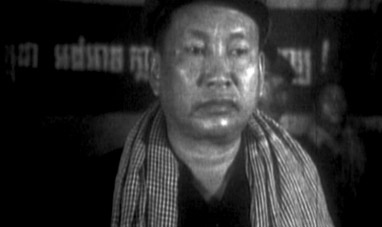

POL POT
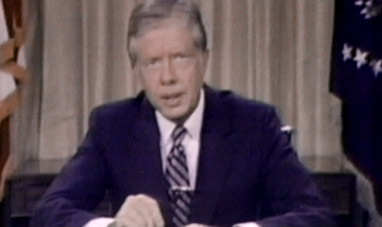

JIMMY CARTER
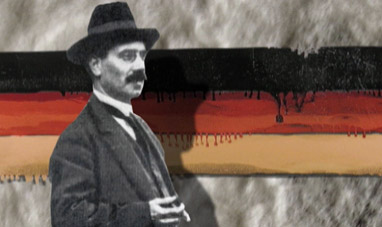

KARL LIEBKNECHT
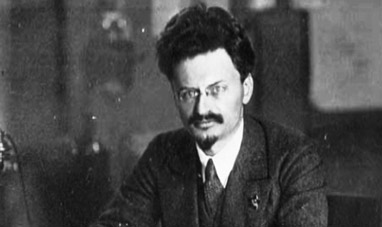

TROTSKY
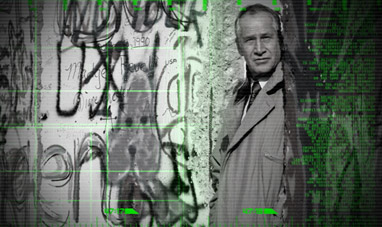

MARKUS WOLF
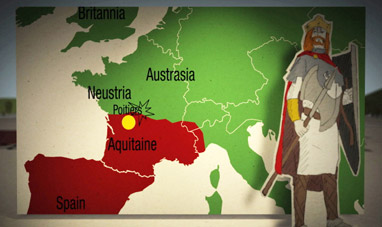

CHARLES MARTEL
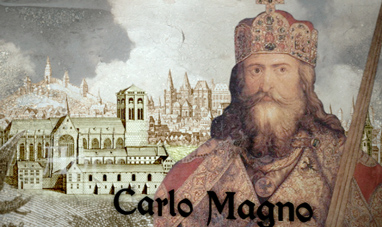

CHARLEMAGNE
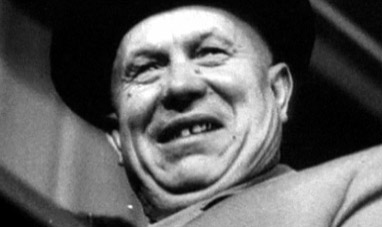

NIKITA KHRUSHCHEV
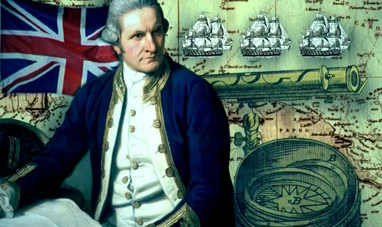

JAMES COOK
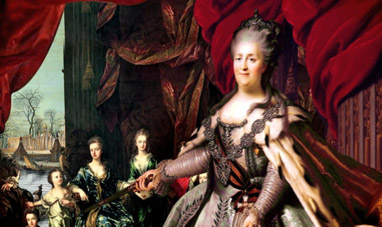

CATHERINE THE GREAT
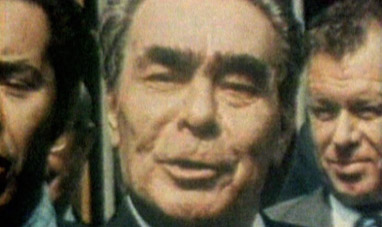

LEONID BREZHNEV
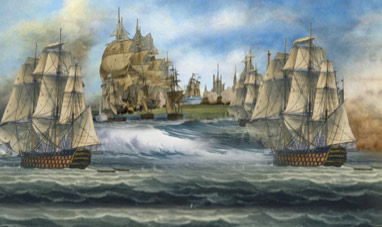

ZHENG HE


ENZO FERRARI
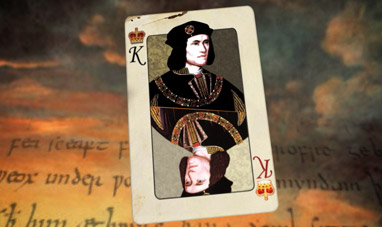

RICHARD III
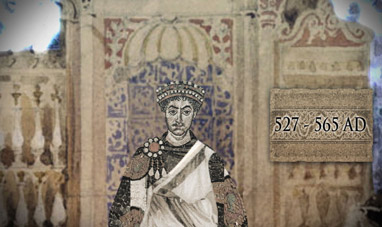

JUSTINIAN I


DENG XIAOPING
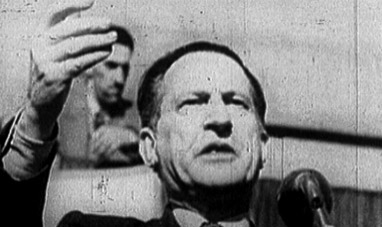

ALCIDE DE GASPERI
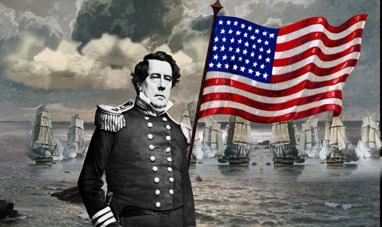

MATTHEW C. PERRY
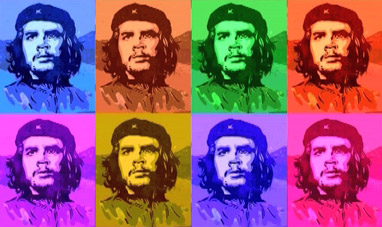

CHE GUEVARA
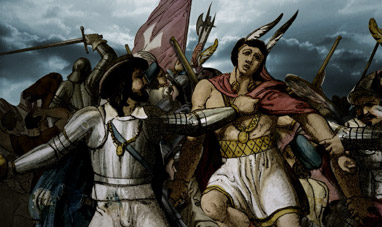

FRANCISCO PIZARRO
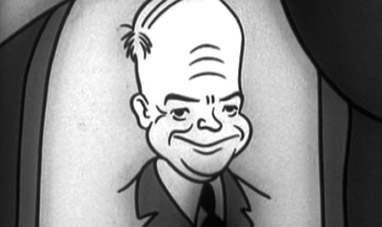

DWIGHT EISENHOWER
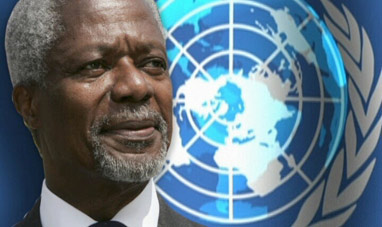

KOFI ANNAN
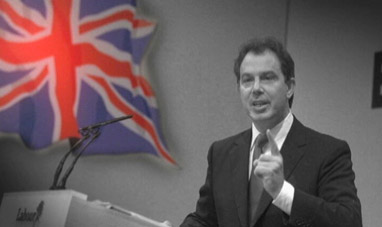

TONY BLAIR
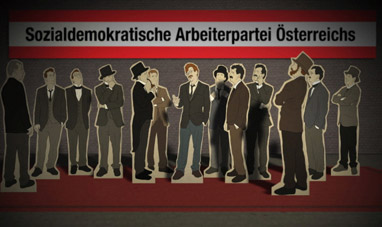

VIKTOR ADLER
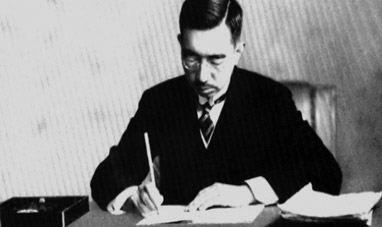

EMPEROR HIROHITO
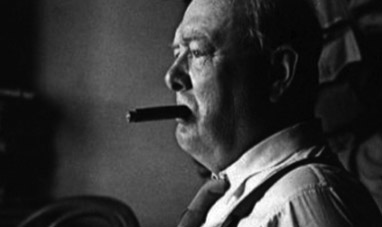

WINSTON CHURCHILL
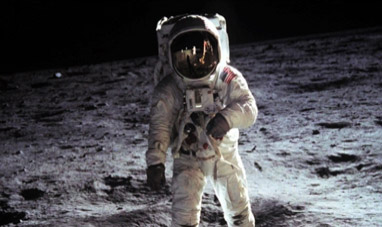

NEIL ARMSTRONG
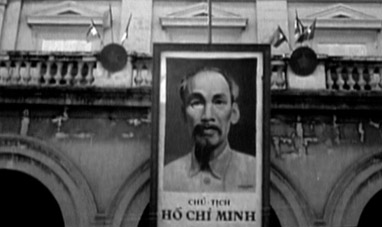

HO CHI MINH
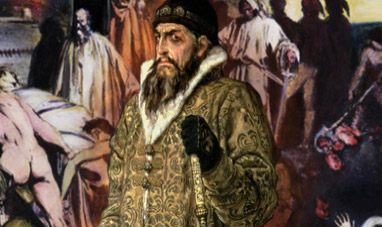

IVAN THE TERRIBLE
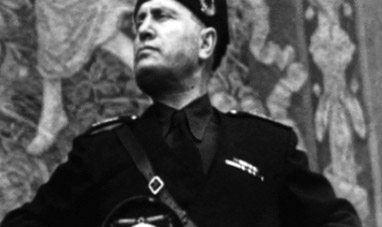

BENITO MUSSOLINI
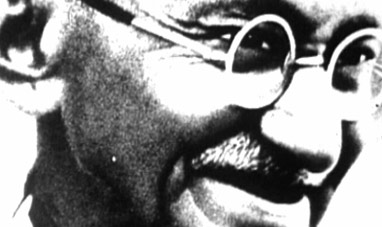

GANDHI
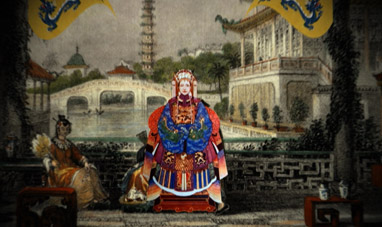

CIXI, DOWAGER EMPRESS OF CHINA
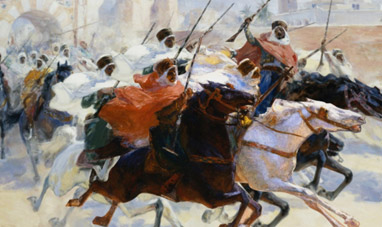

ABBAS I THE GREAT
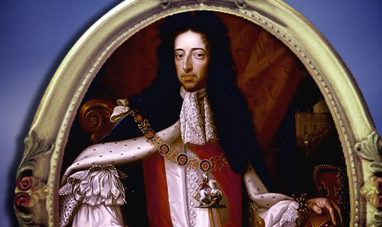

WILLIAM III, OF ORANGE
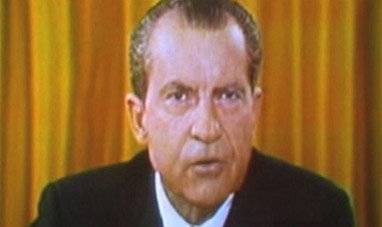

RICHARD NIXON
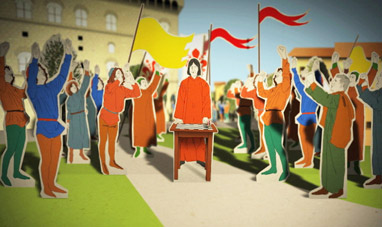

LORENZO DE' MEDICI
